Podcast: Play in new window | Download
Subscribe: RSS
Mark Schoenbeck, CFP, is the Executive Vice President and National Sales Director at Kestra Financial. He has helped top independent financial advisors maximize their revenue, free time, and business value for over 15 years. He previously held senior executive roles at Mutual Service Corporation, AssetMark, and Curian Capital. Today, he oversees sales and marketing, recruiting, advisor consulting, retail acquisitions, and Kestra Private Wealth Services.
Takeaway Quote:
“If your intent is to serve and to help, and you are clearly defining how you do that, good things will happen.”
Show Timeline:
1:23 The things Mark believes advisors need to do differently, to increase referrals
Being authentic about who you most want to serve
3:23 Articulating your ‘why’
The questions Mark likes to ask to help advisors dig deep on their personal stories
8:32 The power of vulnerability
The shift in how business owners are communicating to clients and prospects
13:09 What it really means to be in a relationship business
Building the relationship based on truly caring about clients, vs. just using tactics
16:00 Using your ‘why’ to stand out and drive referrals in a dramatically different way
An example of an advisor who has shared her story to build her credibility to her audience
18:51 Translating this thinking into a niche for your business
How to articulate who you serve and the unique value you bring to those clients
23:44 Focusing on the right technical expertise for the right client
Ideas for the industry at large to think about transitioning from technical jargon to client speak
28:27 Resources to help us think about this way of communicating with clients
Two book recommendations, including Mark’s favorite marketing book
32:02 Thoughts on recording client meetings
Why Mark is a fan of the idea
34:13 Steps an advisor can take today to execute on this thinking
Mark’s most recommended exercise to think about your niche
Links:
LinkedIn: https://www.linkedin.com/in/markschoenbeck/
Twitter: https://twitter.com/The_IdeaGuy
Recommended resources: Brené Brown: The power of vulnerability, Simon Sinek: How great leaders inspire action, The Language of Trust, Made to Stick
Want more?
Stephen Wershing: www.TheClientDrivenPractice.com/checklistblog
Julie Littlechild: www.absoluteengagement.com/blog
Episode Transcript:
Steve:
Welcome to Becoming Referable, the podcast that shows you how to become the kind of advisor people can’t stop talking about. I’m Steve Wershing. In this episode we talk with Mark Schoenbeck. Mark has been a financial advisor, product marketer, chief marketing officer, and practice management consultant. Currently, he is executive vice president and national sales director of Kestra Financial, where he oversees marketing, recruiting, advisor consulting, retail acquisitions, and Kestra Private Wealth Services. Previously Mark has held senior executive roles at Mutual Services Corporation, AssetMark and Curian Capital. Through our conversation with him he’ll explain how getting clarity around who you most want to serve and what you bring to that very specific client makes good things happen. We discuss being vulnerable in your communication and how that can take you beyond know, like and trust and strengthen relationships with clients. And stay through until the end where Mark reveals the one question he finds is most powerful for helping an advisor identify exactly who their ideal client is. It’s a great conversation with lots of practical tips for clarifying your market, focusing your business, and building better relationships. And so, here’s our conversation with Mark Schoenbeck.
Julie:
Mark, welcome. So good to have you here today.
Steve:
Yeah, welcome Mark.
Mark:
Thank you. Excited to be here.
Julie:
I was excited to have you on because you have this really unique perspective I think, in the industry. You’ve worked in different roles over the years obviously, but your roles have always been about working with advisors and helping them build their business. I think that gives you a unique perspective on how they’re running their businesses generally. But also how they’re approaching referrals. So maybe I could just start at that high level and just ask you, what are two or three things that you think advisors perhaps need to do differently if their goal is to truly increase referrals?
Mark:
Yeah, it’s a great question. And you’re right, I’ve been fortunate to have spent a lot of time in advisors’ offices and helping them work through some of this stuff. I think for me there’s a couple key pieces to it. Ultimately people need to be authentic, right? They need to be who they are and that transcends, then, into their business and advisors need to understand who it is that they most enjoy working with and serving, and then they need to understand what is it that they bring to that very specific client in an authentic way to demonstrate the value and how they can help that particular client. As simple as that sounds, if an advisor can find a way to get clarity to exactly who it is that they want to work with and why their experience and their purpose aligns with the very specific needs of that group, that very, very basic formula puts them in a place to serve a lot of people. I’m a big believer that if your intent is to serve and to help, and you are clearly defining how you do that, good things will happen.
Steve:
Mark, could I ask you to elaborate a little bit? Because one of the things that I hear from a lot of advisors that I have concerns about because you talk about authenticity, which I think is important and the “why” behind who you want to help. One of the things I hear advisors over-generalize to is we care more. We care more about your well-being and serving you properly and … What are your thoughts about advisors who use that as one way to market their practice?
Mark:
Yeah, it’s a great observation. And I do an exercise a lot of times when I’m in front of a group of advisors. And I will say “Okay, everybody get out a pen and a piece of paper. I want you to write down all of the things that make you unique, that truly make you unique” and I give them a couple minutes to work on it. And then I will have everybody in the room read their list and to your point, you hear a lot of the very similar things, “We care about our clients, our clients trust us, we do a great job of listening”, right? And unique things about that exercise, one, you never hear price or performance come up which I love to point out, it is always the right side of the brain, human emotional connection stuff that everybody feels makes them unique. But what happens in the setting, in having everybody write it down first is what everybody sees and hears is that they’re all talking about the same things and they’re using the same terminology.
It’s one of the things that I love about the independence side of our business is that as a whole, that group of advisors from my experience are really well-intentioned people who truly, truly care for their clients and so they try to articulate that but what ends up happening is that it sounds … One, it’s very hard to make tangible but two, it sounds very similar across the group and so what we do at that point or what I like to do is to shift the conversation a little bit to helping the advisor understand their own purpose and their own “why”. Like, why are they in this business after 25 years when they could have chosen any other profession? Why are they still here? Why are they serving their clients? And what I have found is through their own personal kind of journey and purpose for being there in the business it uncovers or unlocks a unique story that they can then go and use with their clients and nine out of ten times their own personal story, not surprisingly, aligns very well with the clientele that they serve and they’re looking to grow.
So I try to help them make these very important qualitative, emotionally charged kind of adjectives more personable and relatable and referable by helping them pull out their own personal story. And those personal stories really can tug at the heart strings. It’s a story so it’s easier for people to remember and people love to tell stories hence you start to spread the word about the advisor and what makes them different.

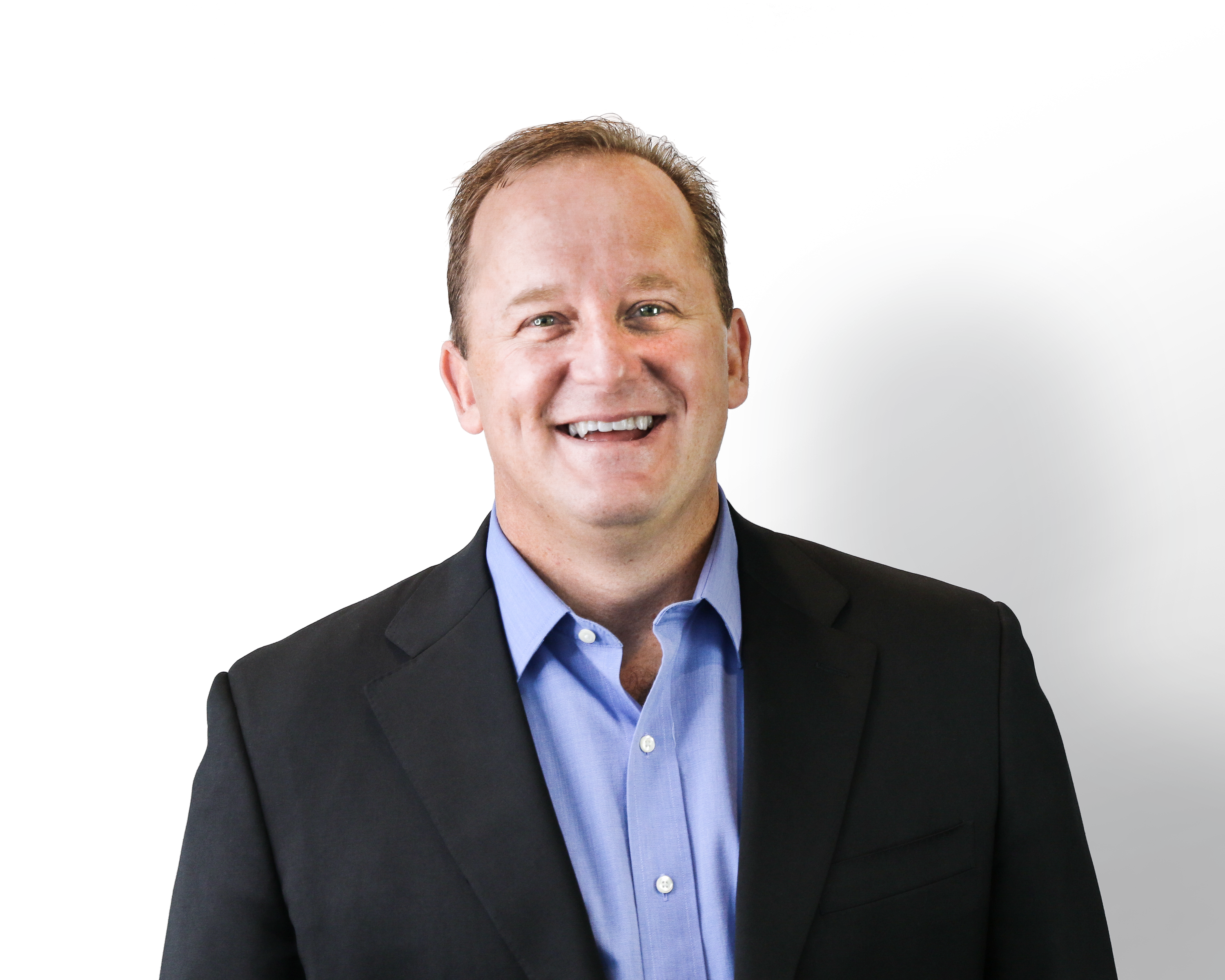

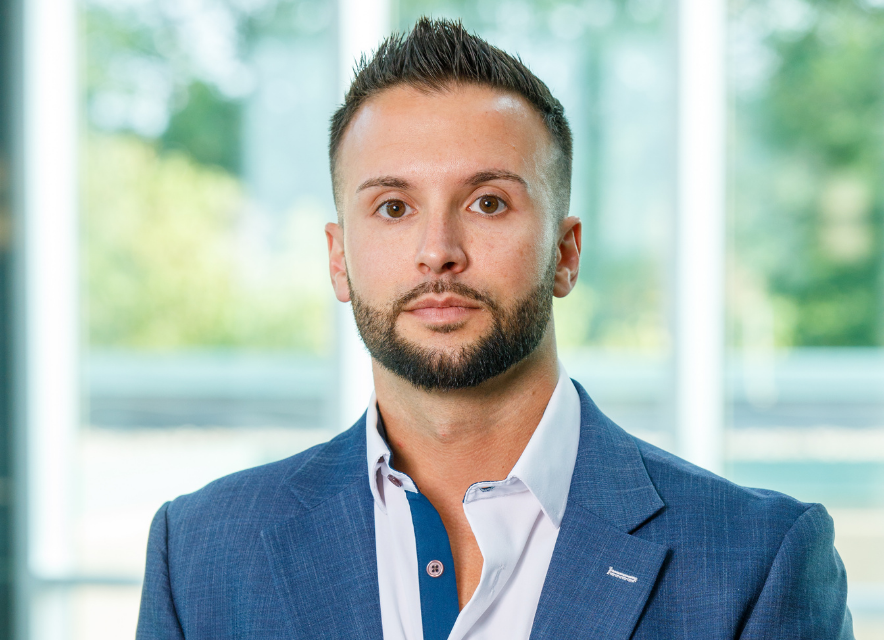
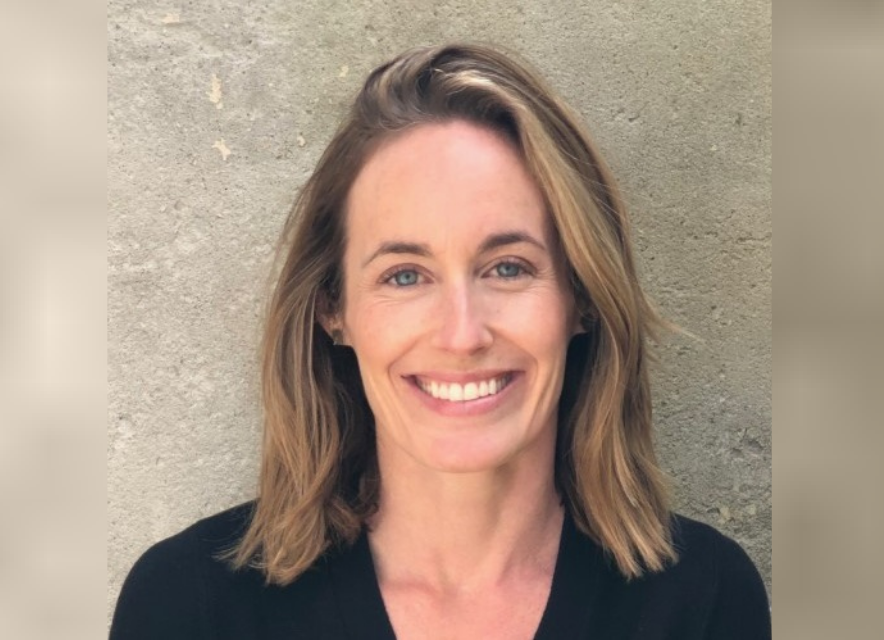
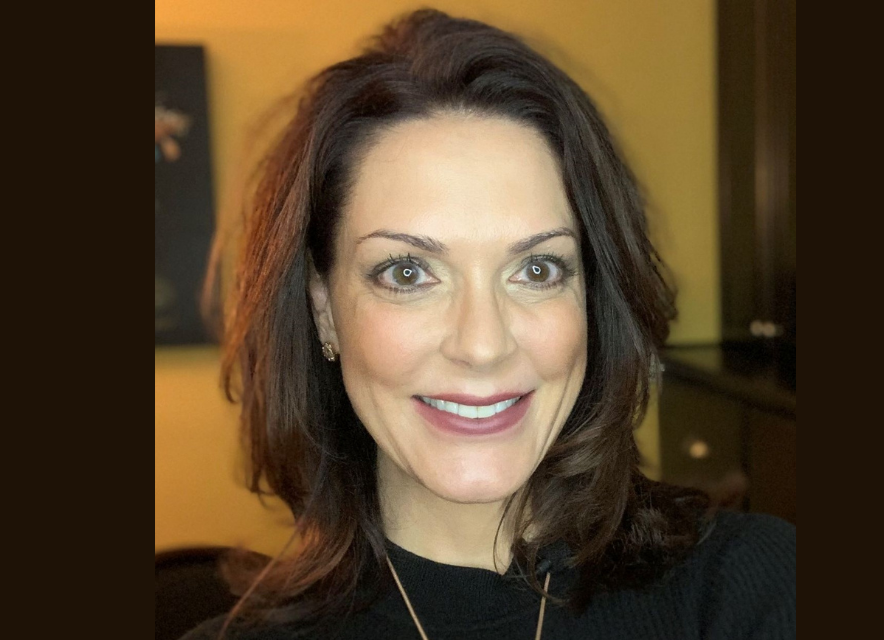
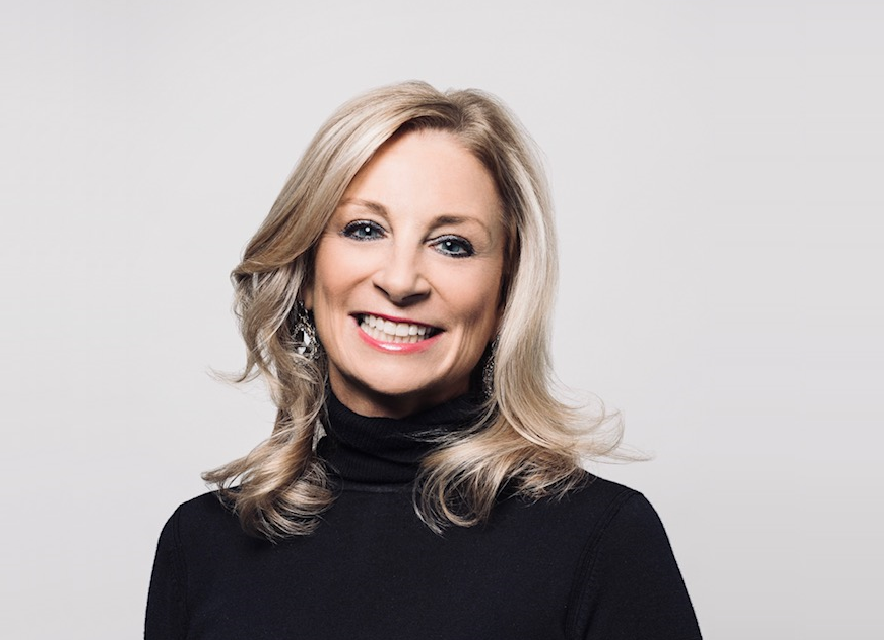
Leave A Comment